The World Bank has said until Nigeria has an efficient data-gathering process the fight against corruption and transparency in governance will continue to be affected.
The World Bank Country Director, Dr. Ndiamé Diop, stated this in Abuja at the AGORA Policy conversation on anti-corruption.
Represented by the Senior Bank Official, Debby Isa, Diop noted that Nigeria must get its data-gathering process right to avoid leakages.
“We talk about transparency, but to achieve transparent reports, you need accurate and reliable data. Right now, the data system involves numerous manual processes that allow for leakages, long compromising fiscal transparency,” Diop said.
Delivering the keynote address, Professor Adele Jinadu, explained that the current method anti-corruption agencies are adopting in tackling graft would not achieve the desired result.
He condemned the country’s leaders’ attitude towards the law. He also warned against scapegoating some citizens in the guise of fighting corruption.
“We are dealing with a toxic environment where corruption pervades every institution. No matter the reforms, corruption is ultimately about morality. Our leaders consistently act contrary to the laws they pledge to uphold.
“The message is clear: eternal vigilance is the price of liberty. Let the sentinels on the watchtower remain awake. Nurturing such civic virtues is an indispensable guardrail against the culture of impunity in our political system,” Professor Jinadu said.
The Chairman of the Economic and Financial Crimes Commission (EFCC), Ola Olukoyede, decried that corruption is pervasive in all government offices at all levels.
Represented by Mrs. Adjoke Liman, Olukoyede called for attitudinal change.
He assured that the commission would continue to intensify its fight against graft.
“Corruption remains a huge enterprise involving theft of public resources at all levels of government. Public skepticism and the ease with which public funds are siphoned without warning systems hinder the fight,” he said.

 2 hours ago
1
2 hours ago
1
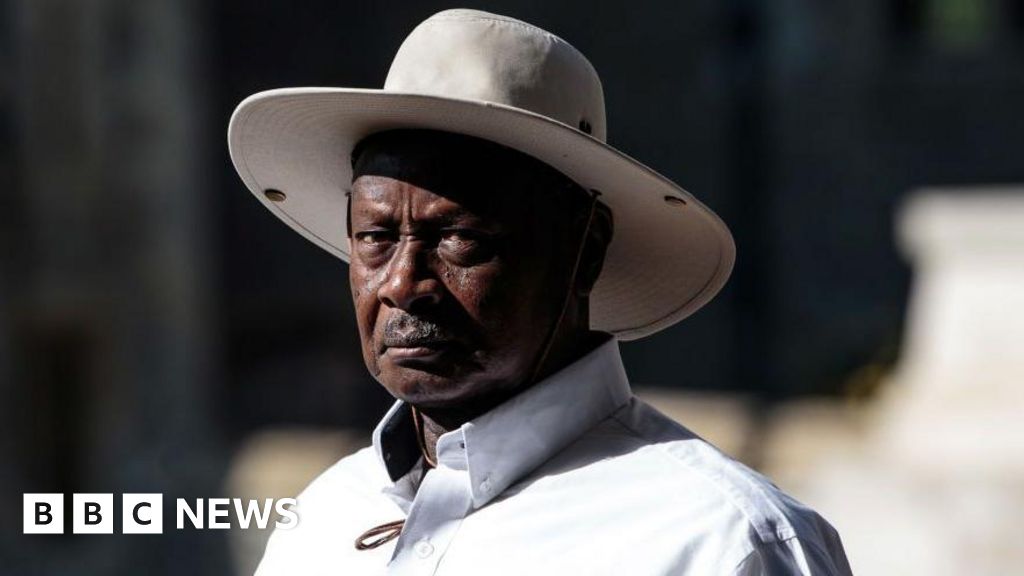

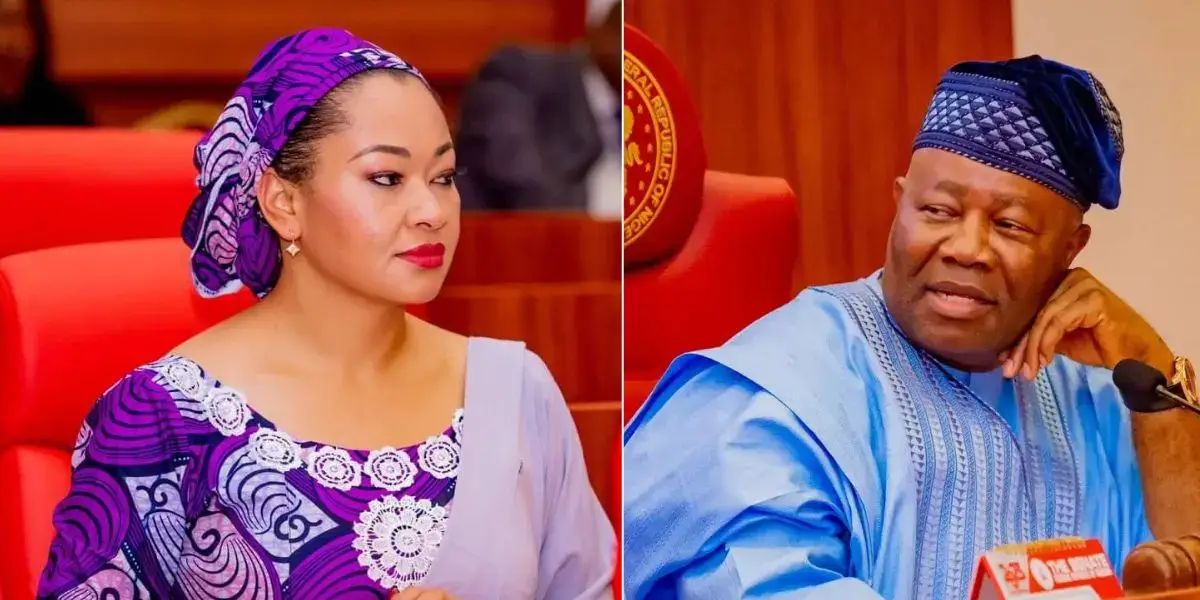

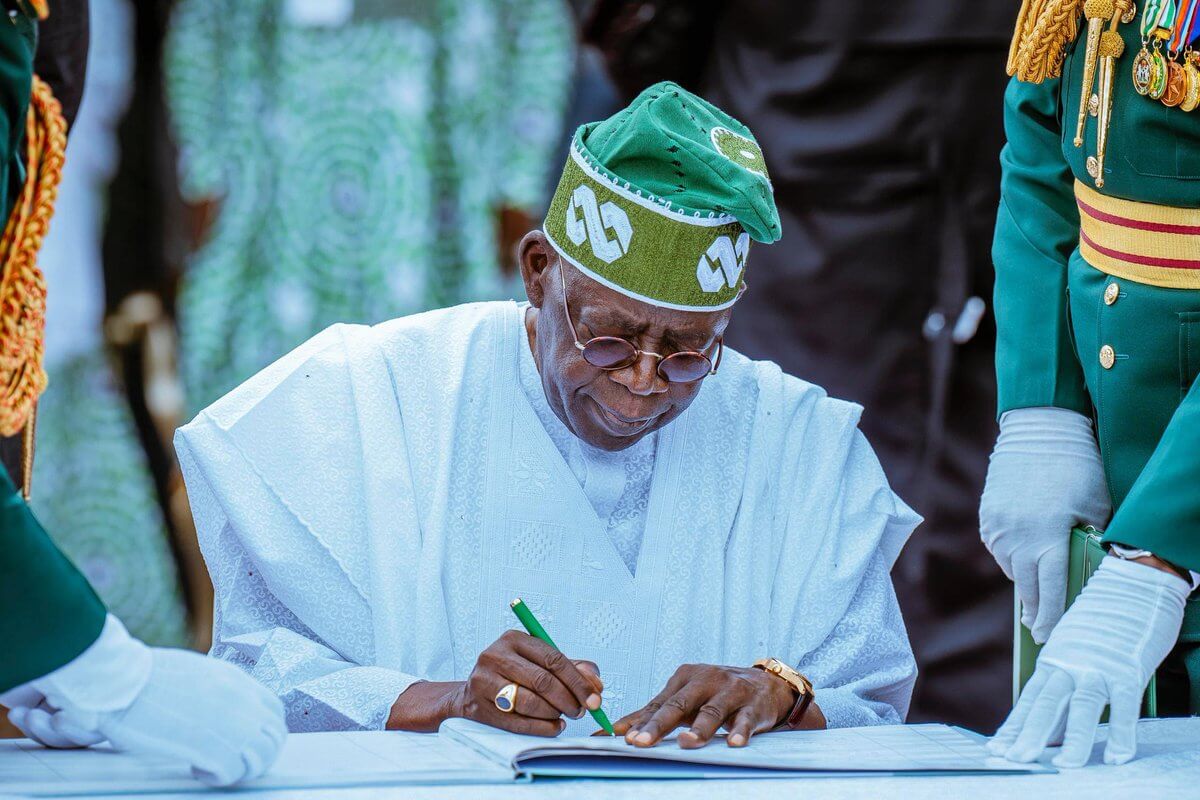
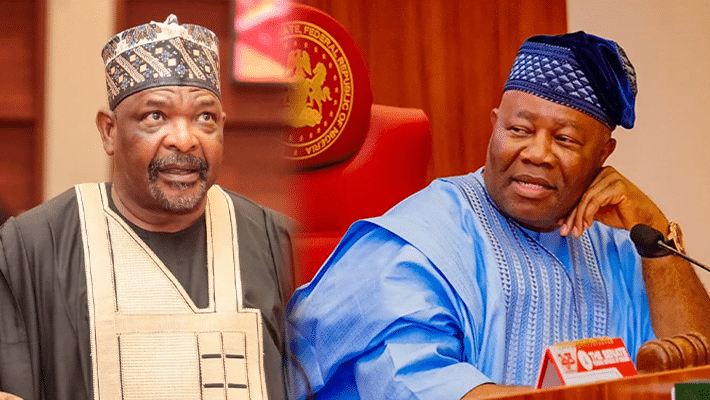
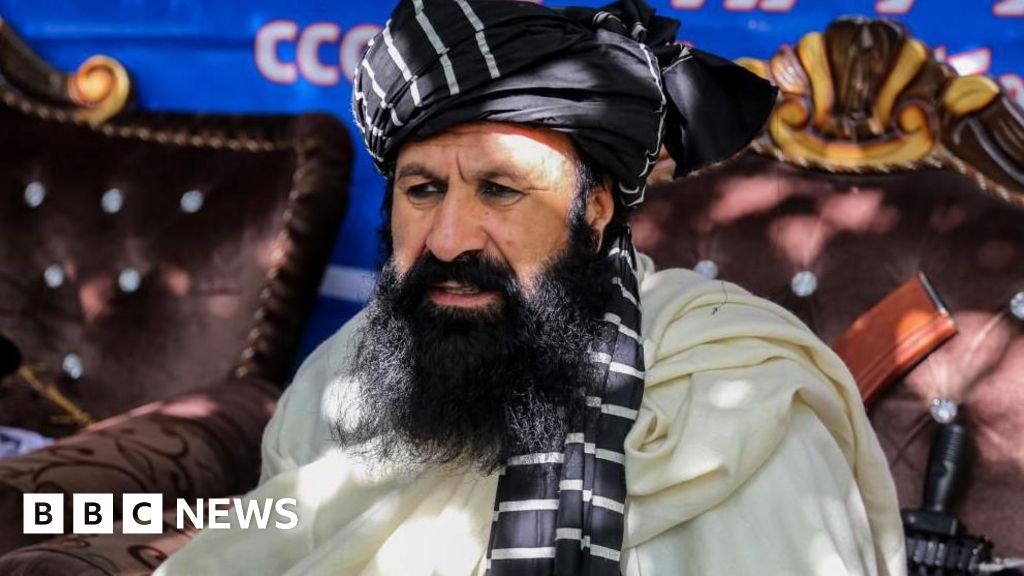

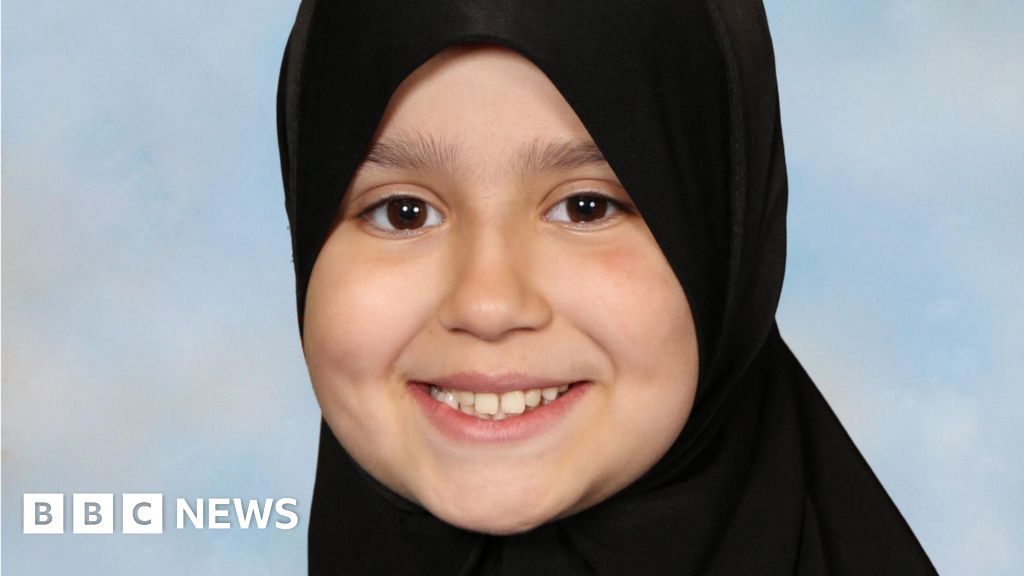






 English (US) ·
English (US) ·